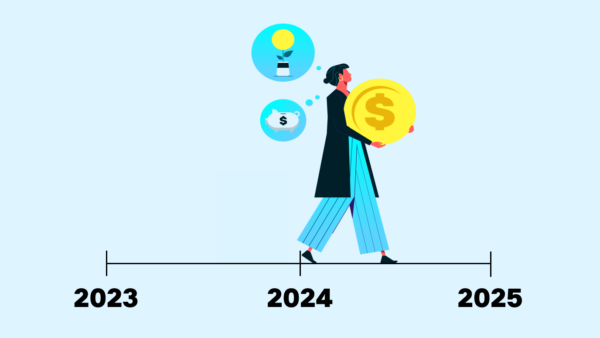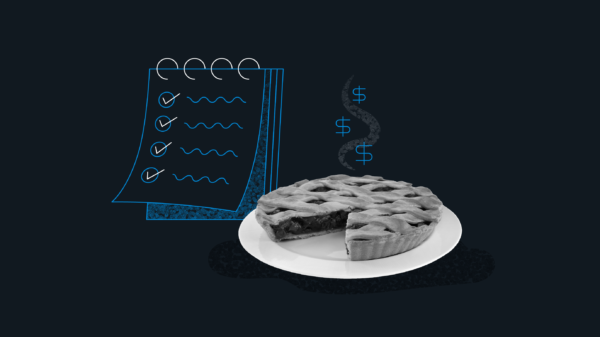Jan 7, 2019
Holiday Hangover: Stash’s Post-Holiday Financial Recovery Guide
Escape the financial carnage of the holidays and get ready for the new year.

The holidays can be rough. Especially on your wallet.
The average American is likely to spend roughly $1,000 during the holiday season—by no means a small amount for many people. And for some, it’s an insurmountable sum. As of November 2018, 15% of Americans were still trying to pay off debt accrued from the previous holiday season.
Whether holiday cheer has blinded your financial judgment, or you simply didn’t budget for Secret Santa and stocking stuffers, odds are your bank account took a hit over the past month or two.
But if you find yourself in debt or are possibly reeling financially from the holiday season, there are some things you can do to get back on track. Even if you’ve racked up some credit card debt or blown your budget, you should pick yourself up off the mat and get ready for another year.
Get back on track, by tracking your spending
If your bank account balance is giving you an anxiety attack, you may need to go on a zero-spending streak to avoid going into debt. Buy groceries and pay rent and other fixed expenses, but if you can, put off non-essential expenses until after the next paycheck or two.
You may want to try another method to keep your spending under control, such as going on a “cash diet, which involves using only cash for every transaction, until you feel comfortable going back to your debit card.
Repad your accounts
If your savings took a hit during the holidays, it’s time to replenish these accounts—namely, any rainy-day or emergency savings funds you’ve built up.
It’s vital to have money in reserve for all of the financial curve balls that life can throw at you. There are some expenses you can cut, and other ways to increase your income, which can help you rebuild your funds.
Repair your credit
If you were one of the many Americans who went into debt over the holidays, don’t panic—you can pay it down and repair any damage to your credit score.
Even if you can’t pay off your credit card in one fell swoop, you should be able to keep your score up by making regular payments. The trick, however, is to make sure you’re tackling your debt in a timely manner, and making more than just the minimum payments, as interest can set you even further back over time.
And avoid additional spending on credit as the new year commences.
Budget for next year
The time to plant a tree was 20 years ago, and the second-best time is right now.
Apply that same logic to next year’s holiday shopping spree, and plan ahead. So start budgeting money now for all the gifts, decorations, and anything else you want to buy when the next holiday season rolls around.
Calculate how much you spent this year, anticipate what you’ll need next year, and start stashing money away each month so that when Santa comes knocking, you’ll be ready.
Related Articles

The 2024 Financial Checklist: A Guide to a Confident New Year

9 Ways to Celebrate Financial Wellness Month

Budgeting for Young Adults: 19 Money Saving Tips for 2024

The Best Personal Finance Books on Money Skills, Investing, and Creating Your Best Life for 2024

What Is a Financial Plan? A Beginner’s Guide to Financial Planning

How to Save Money: 45 Best Ways to Grow Your Savings





